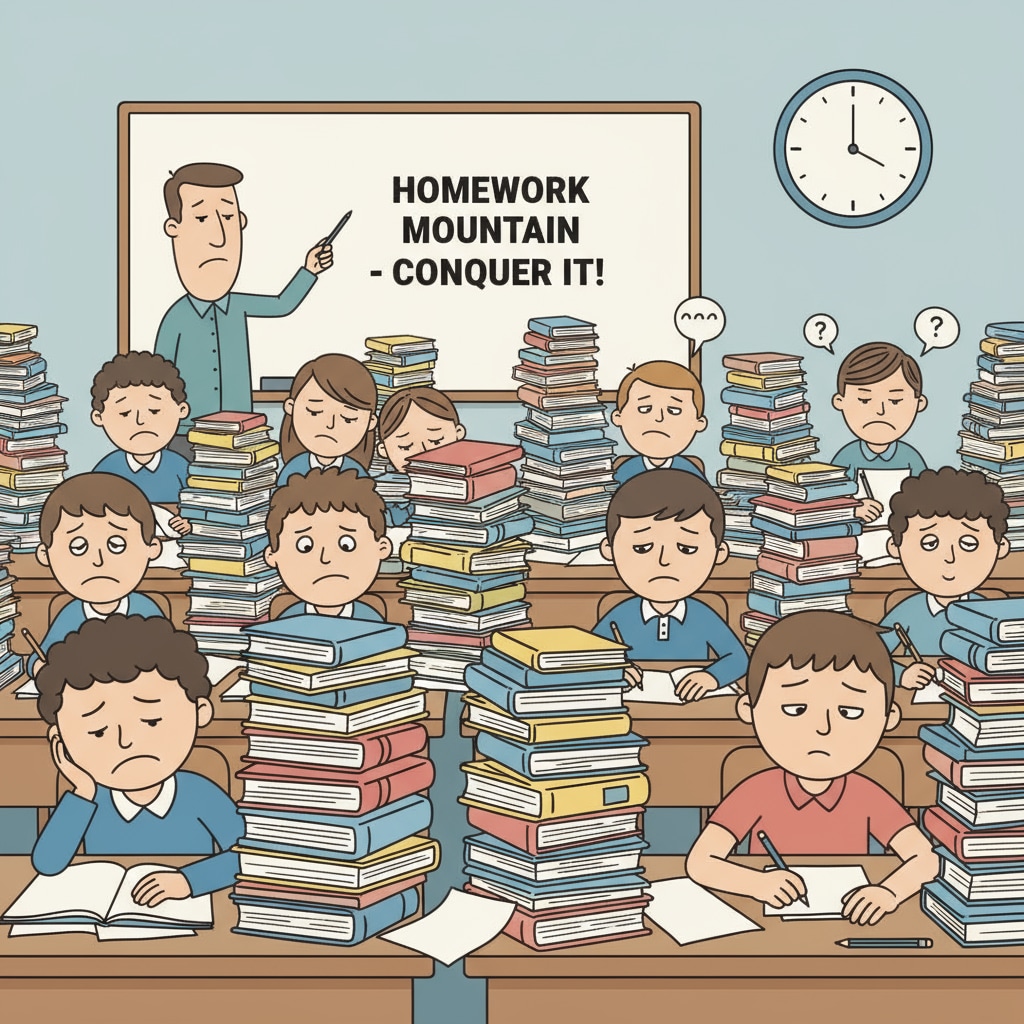Homework, self-motivation, and personal responsibility are three crucial aspects in the realm of education. In recent times, there has been a growing discussion about the potential benefits of eliminating compulsory homework in the upper grades of K12. This educational shift aims to liberate students’ natural learning instincts and cultivate a more self-driven approach to learning.
The Flaws of Compulsory Homework
For a long time, compulsory homework has been a staple in the K12 education system. However, it often comes with several drawbacks. Many students view homework as a chore, something they are forced to do rather than a meaningful extension of their learning. This can lead to a lack of self-motivation. For example, according to National Education Association research, a significant number of students feel stressed and uninterested in learning due to excessive homework. As a result, they may complete assignments just to meet the requirements, without truly engaging with the material.

Nurturing Self-Motivation without Compulsory Homework
When compulsory homework is removed, students have the opportunity to explore their interests independently. This freedom can significantly boost self-motivation. Teachers can guide students to set their own learning goals and create personalized study plans. For instance, students might choose to read books on topics they are passionate about or conduct small research projects. By doing so, they take ownership of their learning, which is essential for developing a strong sense of personal responsibility. As Psychology Today states, self-motivation is more likely to thrive when individuals have the autonomy to make choices in their learning process.

To smoothly transition to a system without compulsory homework, schools and teachers need to take some steps. Firstly, they should provide students with clear learning objectives and resources. Secondly, regular check-ins and feedback sessions should be organized to help students stay on track. Finally, creating a supportive learning environment where students feel comfortable asking questions and making mistakes is crucial.
In conclusion, the abolition of compulsory homework in K12 upper grades holds great promise in cultivating students’ self-motivation and personal responsibility. It is a significant educational innovation that has the potential to transform the way students learn and develop a lifelong love for knowledge.
Readability guidance: Using short paragraphs and lists helps summarize key points. Each H2 section should preferably include a list. Controlling the proportion of passive voice and long sentences, and integrating transition words (such as however, therefore, in addition, for example, as a result) throughout the text can enhance readability.


